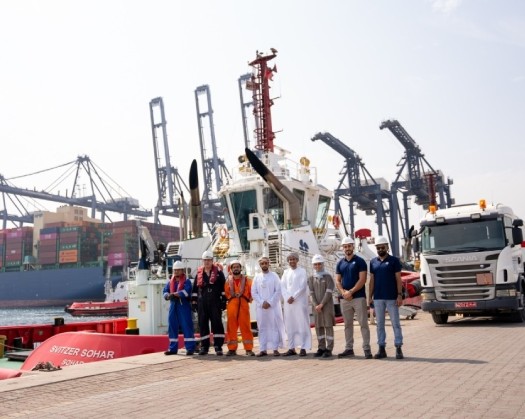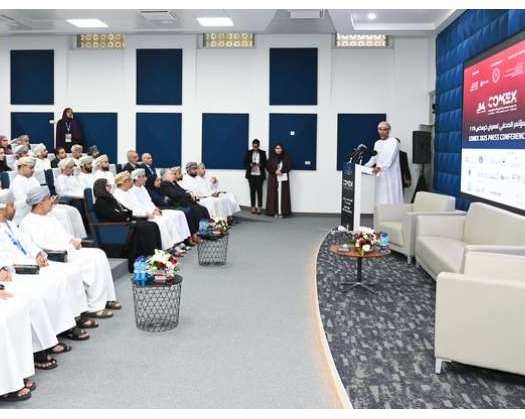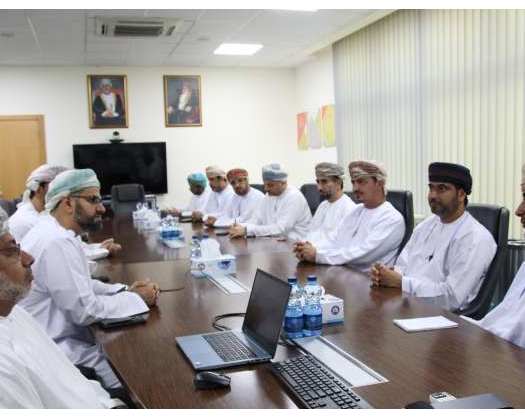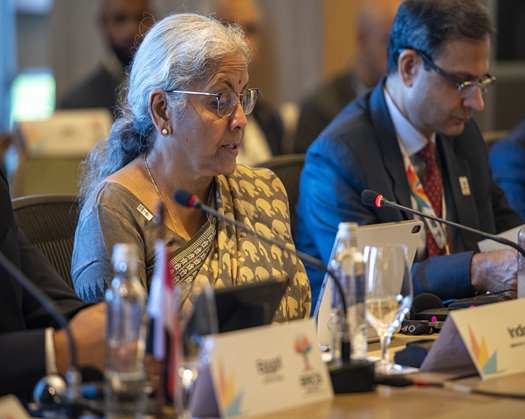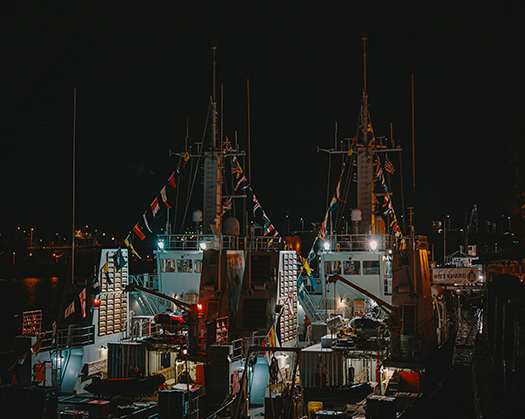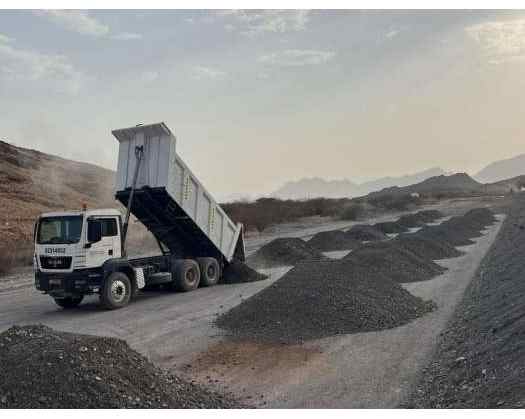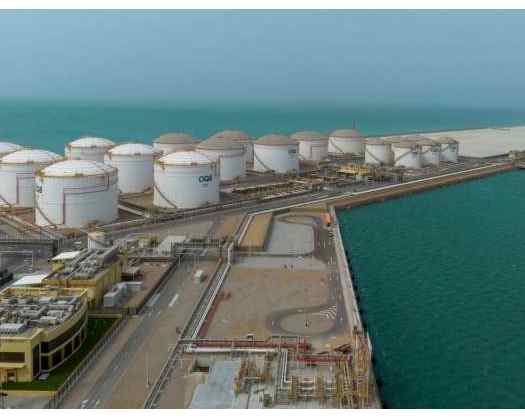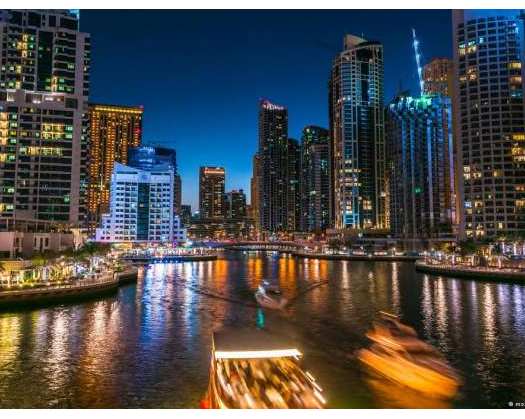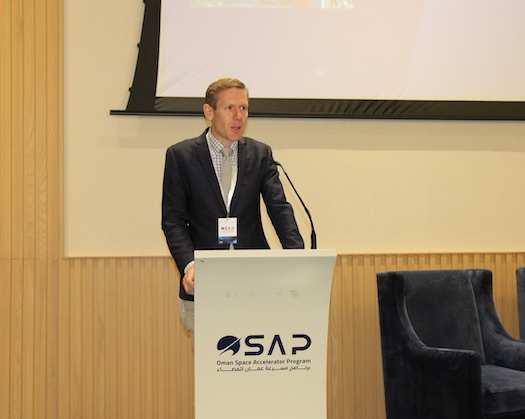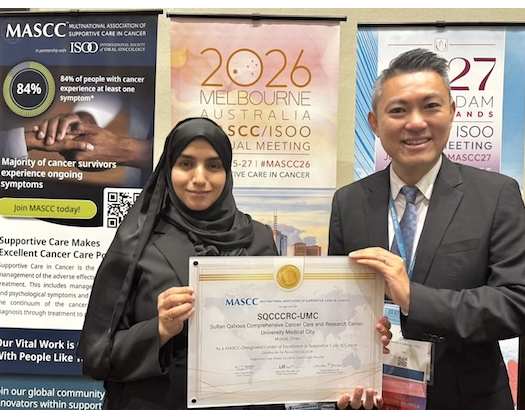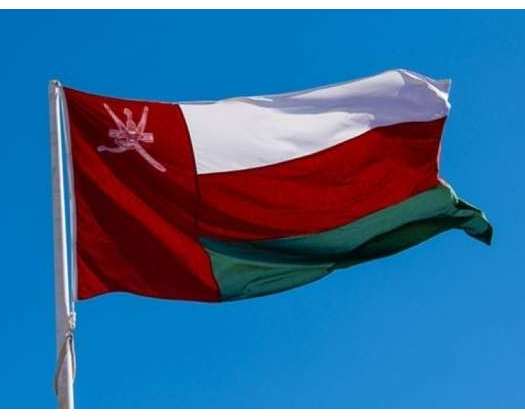MUSCAT: The Ministry of Transport, Communications, and Information Technology, in collaboration with Omani ports and strategic partners, is actively working towards achieving carbon neutrality in the Sultanate by 2050. As part of this initiative, Sohar Port has recently received its first shipment of B20 fuel, a blend of 80% diesel and 20% biofuel, to commence the pilot phase of utilizing biofuel in its marine tug operations. The project will begin with the tugboat "Sohar" and will subsequently expand to include all tugs by next month, in partnership with Svitzer, Waqud, and Hormuz Marine.
Emile Hoogsteden, CEO of Sohar Port, emphasized the significance of this milestone, stating that marine operations have been a major contributor to greenhouse gas emissions at the port. With the continuous growth of the port, fuel consumption for tugboat operations has also increased. However, the introduction of biofuel will play a crucial role in reducing emission levels and supporting the country's ambitious goal of carbon neutrality by 2050. Hoogsteden further highlighted the collaborative nature of the project, expressing gratitude towards partners who share their vision and approach. He believes that this project sets an exemplary model not only in the region but also beyond.
Engineer Abdullah bin Ali al Busaidi, an expert in the carbon neutrality team at the Ministry of Transport, Communications, and Information Technology, has confirmed that the ministry is currently engaged in partnerships with various government entities on 18 carbon lab initiatives. The ministry has developed a comprehensive roadmap for green ports, which includes multiple projects aimed at reducing emissions, transitioning equipment to electric power and smart systems, providing electrical power to ships, and decarbonizing the port sector. Furthermore, efforts are underway to establish a regional center for supplying ships with clean fuel. Collaboration with entities involved in the biofuel initiative, such as the Environment Authority, the Ministry of Commerce, Industry and Investment Promotion, and the Ministry of Economy, has yielded significant outcomes. The private sector has also played a role in addressing challenges, particularly the price gap between biofuel and conventional fuel.
Deniz Kirdar True, General Manager of Svitzer in Asia, the Middle East, and Africa, expressed her satisfaction with the collaboration with Sohar Port on this significant project. She emphasized the long-standing relationship Svitzer has had with Sohar Port, providing safe and reliable marine services. This partnership reflects a shared commitment to decarbonization and innovative approaches. The project showcases the utilization of global expertise to support Oman's environmental goals effectively.
Suleiman al Hadhrami, CEO of Hormuz Marine, highlighted the importance of the collaboration with Sohar Port in supplying biofuel for ships in Oman. This initiative marks a crucial step towards reducing emissions and promoting sustainability in the maritime sector. While traditional marine fuel remains essential in the short term, the gradual transition to biofuels will lead to a substantial decrease in harmful emissions. This strategic shift aligns with international efforts to address climate change and underscores a dedication to a greener, more sustainable future in maritime transportation.
The company's objective is to decrease greenhouse gas emissions by 17% as part of the Sultanate's commitment to achieving carbon neutrality by 2050. Biofuel, which is derived from living organisms such as plants or animals, is a renewable energy source. In this particular initiative, biofuel is produced locally from cooking oil and is considered an eco-friendly alternative as it emits fewer harmful substances when burned compared to traditional fossil fuels.
This project aligns with the strategy of Sohar Port and Freezone to promote the circular economy and support economic growth in Oman. It also contributes to the sustainability of the country's natural resources, in accordance with the targets outlined in Oman Vision 2040.

